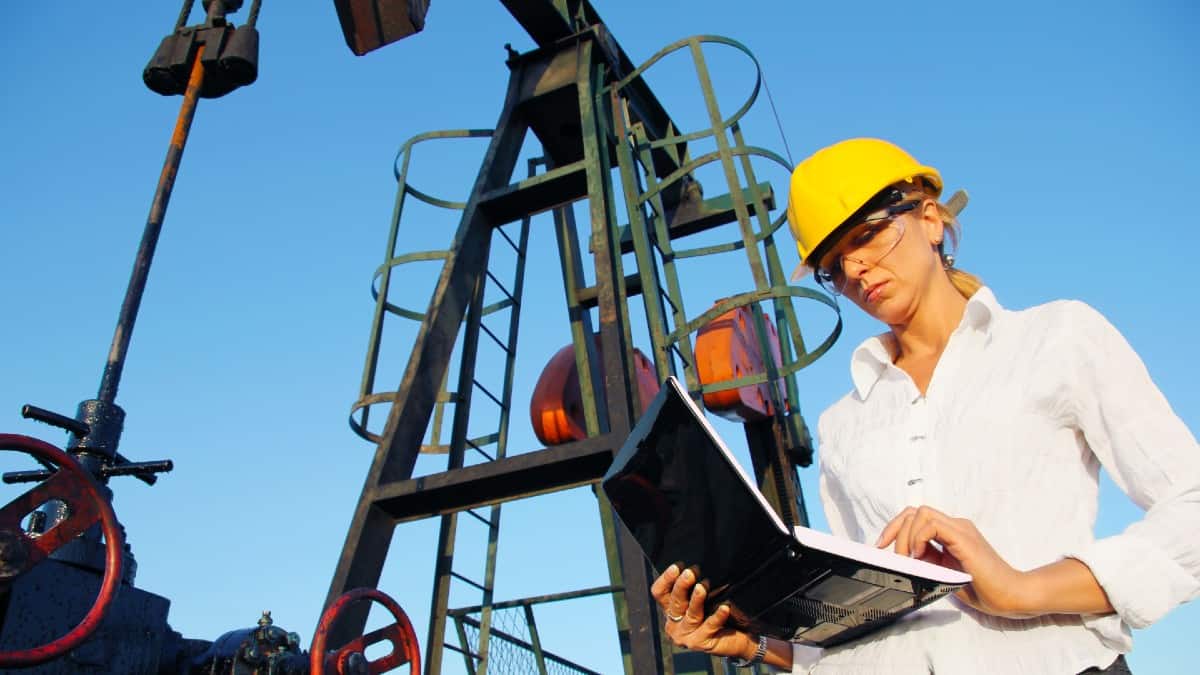The oil price is rising again and both BP (LSE: BP) shares and Shell shares are soaring as a result, as is often the case.
Brent crude has now climbed above $90 a barrel as Saudi Arabia attempts to push the price towards $100 by cutting production. In the last week, the BP share price has climbed 6.11%, with the Shell share price up 3.77%.
Oil price rising
Measured over one year, shares in the two FTSE 100 oil majors are up 16.76% and 10.24%, respectively. Investors who bought them three years ago have doubled their money, as both have been huge beneficiaries of the energy price shock. Does it still make sense to buy them today?
Should you invest £1,000 in Vanguard Funds Public Limited Company - Vanguard S&p 500 Ucits Etf right now?
When investing expert Mark Rogers has a stock tip, it can pay to listen. After all, the flagship Motley Fool Share Advisor newsletter he has run for nearly a decade has provided thousands of paying members with top stock recommendations from the UK and US markets. And right now, Mark thinks there are 6 standout stocks that investors should consider buying. Want to see if Vanguard Funds Public Limited Company - Vanguard S&p 500 Ucits Etf made the list?
The oil price isn’t the only factor driving BP and Shell shares, but it does have a huge impact. Their costs shift little when oil is more expensive, so most of the increase rolls in as pure profit.
Also, they’ve tightened their operations since the last time oil prices crashed, and both have break-even points of $40 a barrel or less. The downside of today’s high oil price is that it will renew calls for another windfall tax.
Green issues
Campaigners don’t worry about BP and Shell when they’re losing money, but they hate them making it. Each quarter of bumper profits draws reliable howls of disapproval, yet UK windfall taxes can only go so far.
BP and Shell have their headquarters in Britain but generate most of their profits elsewhere. BP paid $2.2bn of tax in the UK in 2022, but that’s only a fraction of its $15bn global tax bill. Shell paid just $134m of its astronomical $13bn worldwide tax bill to HMRC.
Both companies are under intense pressure to go green, but have resisted to a surprising degree. Fossil fuels are still their business. Some warn they could miss out as renewables become cheaper. So far that’s not the case. Peak oil never happened. We’re a long way from seeing peak oil demand.
Income slip
Investors who got used to BP and Shell paying income of around 6% a year will be disappointed by today’s yields of 3.87% times 3.45%, respectively. That’s not wholly down to their strong share price growth. BP rebased its dividend from 41 US cents to 26 cents in 2020 as the pandemic smashed profits. Last year, it paid just 24 cents per share. Shell also rebased, from $1.88 to 65 cents, although it’s dividend per share has recovered faster to $1.04 in 2022.
BP is expected to yield 4.34% in 2023 and 4.65% in 2024. It looks good value trading at 6.84 times forecast earnings. Shell is forecast to yield 4.11% and 4.49%. It’s valued at 8.45 times 2023 earnings.
We can’t assume the oil price will continue to climb. It slipped from its recent 10-month high due to fears over China’s slowing economy and the stronger US dollar (which makes oil more expensive for foreign buyers). Plus there’s the worry of a global recession.
Obviously, I should have bought BP and Shell three years ago. I don’t expect such a bumper share price rebound in the next three years. But they remain great core portfolio holdings and well worth considering today.








